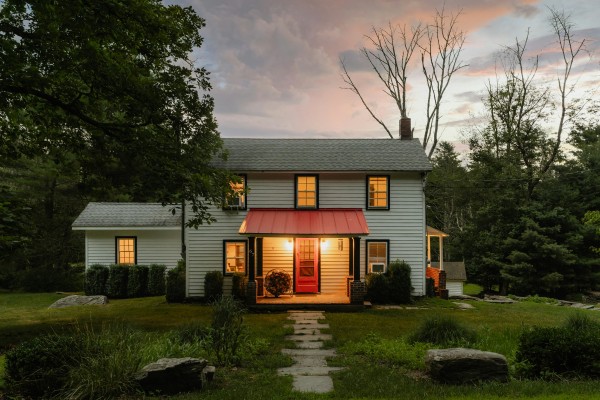Property Surveys
Building surveys are an essential part of property transactions and maintenance in the UK. They provide valuable insights into the condition of a property, helping potential buyers, owners, and investors make informed decisions. This guide aims to provide a comprehensive understanding of building surveys, their types, purposes, and processes.
What is a Building Survey?
A building survey, also known as a structural survey, is an in-depth inspection of a property's condition. It is conducted by a qualified surveyor who assesses various aspects of the building, including its structure, materials, and services. The surveyor identifies any defects, potential problems, and necessary repairs, providing a detailed report to the client.
Types of Building Surveys
There are several types of building surveys available, each catering to different needs and property types. The most common types include:
- Condition Report: This is the most basic survey, suitable for relatively new or standard properties in good condition. It provides an overview of the property's condition without extensive detail.
- HomeBuyer Report: This survey is more detailed than a condition report and is suitable for conventional properties that are in a reasonable state. It includes an assessment of the property's condition, potential problems, and recommendations for repairs.
- Building Survey: This is the most comprehensive survey, suitable for older, larger, or unusual properties. It provides a thorough analysis of the property's condition, including detailed findings on defects, structural issues, and necessary repairs.
- New-Build Snagging Survey: This survey is specifically for new-build properties. It identifies any defects or unfinished work that needs to be addressed by the builder before completion.
Why Do You Need a Building Survey?
Building surveys are crucial for several reasons:
- Informed Decision-Making: A survey provides detailed information about the property's condition, helping buyers make informed decisions. It can prevent unexpected repair costs and highlight any potential issues that might affect the property's value.
- Negotiation Tool: The survey report can be used as a negotiation tool to adjust the purchase price based on the identified defects and necessary repairs.
- Maintenance Planning: For property owners, a building survey helps in planning maintenance and repairs, ensuring the property remains in good condition and retains its value.
- Investment Protection: Investors can use building surveys to assess the potential risks and returns associated with a property, protecting their investment.
The Building Survey Process
The process of conducting a building survey involves several steps:

Choosing a Surveyor
It is essential to choose a qualified and experienced surveyor, preferably a member of the Royal Institution of Chartered Surveyors (RICS). RICS members adhere to strict professional standards and have extensive knowledge and expertise in property surveys.

Surveyors Inspection
The surveyor conducts a thorough inspection of the property, examining the interior and exterior, including walls, roofs, floors, windows, doors, and services such as plumbing, electrical, and heating systems. They may also use specialized equipment to detect issues that are not visible to the naked eye.
Survey Report
After the inspection, the surveyor compiles a detailed report outlining their findings. The report includes information on the property's condition, identified defects, potential problems, and recommended repairs. It also provides an assessment of the property's overall structural integrity and any areas that require further investigation.
Review and Action
The client reviews the survey report and takes necessary actions based on the findings. This may involve negotiating the purchase price, planning repairs, or seeking further expert advice on specific issues.
Cost of Building Surveys
The cost of a building survey varies depending on the type of survey, the size and age of the property, and the surveyor’s fees. On average, a condition report may cost between £250 and £400, a HomeBuyer report between £400 and £600, and a comprehensive building survey between £600 and £1,500. It is advisable to obtain quotes from multiple surveyors to compare prices and services.
Choosing the Right Survey
Selecting the appropriate building survey depends on several factors:
- Property Age: Older properties typically require more comprehensive surveys due to potential structural issues and wear and tear.
- Property Type: Unusual or non-standard properties, such as historic buildings or those with unique features, may benefit from a detailed building survey.
- Property Condition: If the property appears to be in good condition, a HomeBuyer report might suffice. However, if there are visible issues or concerns, a more thorough building survey is recommended.
- Client Requirements: Consider the level of detail and information required. If you need an in-depth analysis and detailed recommendations, a comprehensive building survey is the best choice.
Summary
Building surveys are a vital part of property transactions and maintenance, providing valuable insights into a property's condition and potential issues. By understanding the different types of surveys, their purposes, and the process involved, buyers, owners, and investors can make informed decisions, protect their investments, and ensure the long-term health of their properties. Always choose a qualified surveyor and select the appropriate survey based on the property's age, type, and condition to get the best results.

